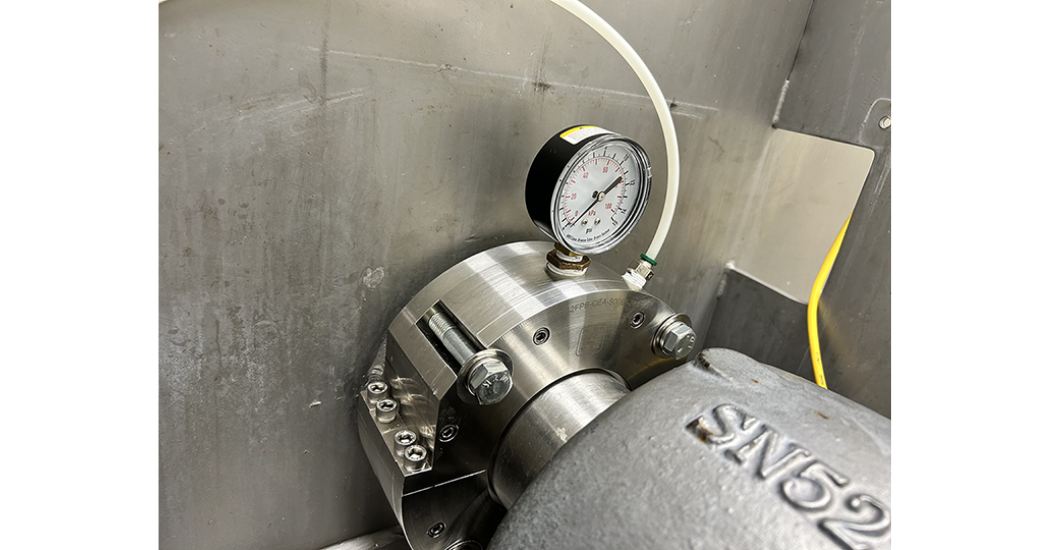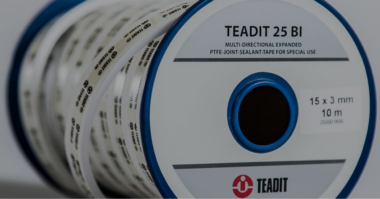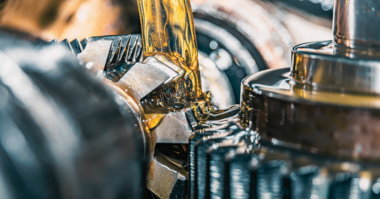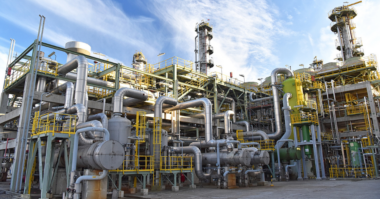As industrial technology advances, sealing solutions remain essential for enhancing efficiency, safety, and sustainability across industries. Among these, the bulk material handling industry faces unique challenges due to the diverse nature of materials processed—from powders and granules to slurries. Here, SEPCO has pioneered advancements with its air seal technology, setting new benchmarks for reliability and performance.
Understanding Air Seal Technology
Air seals are innovative sealing solutions that use a barrier of air or inert gas to prevent leakage, contamination, and wear in industrial applications. Unlike traditional contact seals that wear down over time due to friction, air seals operate on a non-contact principle, which significantly reduces maintenance needs and extends equipment life.
SEPCO’s Innovations in Air Sealing
SEPCO has been at the forefront of this technology with its SEPCO Air Seal (SAS) system, designed specifically for the rigorous demands of bulk material handling. Here’s how SEPCO is shaping the future:
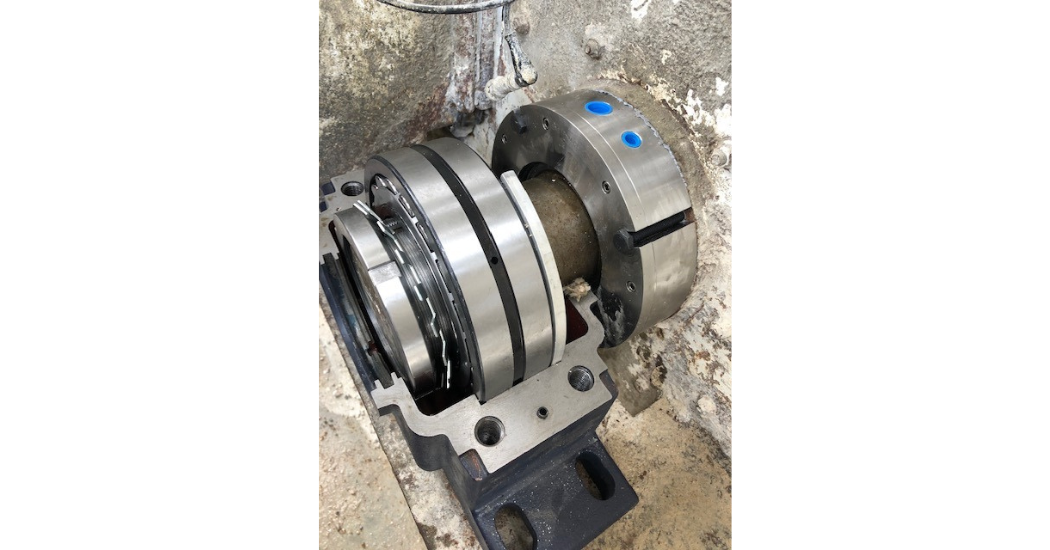 Enhanced Efficiency and Longevity:
Enhanced Efficiency and Longevity:
The SEPCO SAS system utilizes a pneumatic barrier to seal powders and solids effectively, requiring no maintenance or flushing post-installation. This leads to a dramatic reduction in operational costs by mitigating maintenance, repair, and minimizing product loss.
Adaptability to Harsh Conditions:
Designed to handle shaft runout and shaft deflection, these seals are ideal for environments where misalignment or vibration is common. Whether it’s dry powder in food processing or abrasive slurries in mining, SEPCO’s air seals maintain their integrity under challenging conditions.
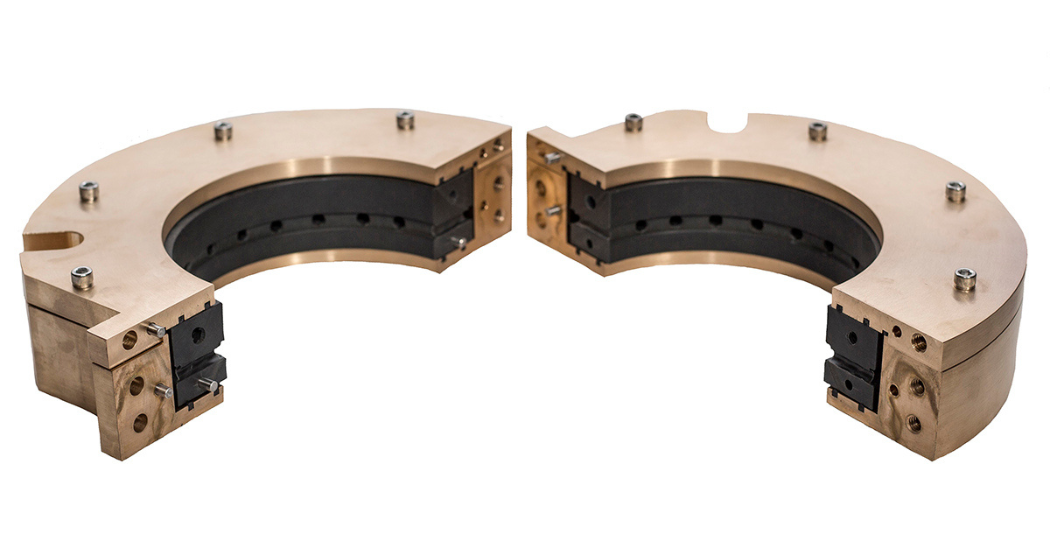 Custom Solutions for Diverse Applications:
Custom Solutions for Diverse Applications:
From the SAS for dry food processing to the SAS-P for slurry pumps, SEPCO offers tailored solutions. For instance, the SAS-P is praised for its ability to operate leak-free for over 12 months in tissue manufacturing, showcasing a significant decrease in water usage and operational costs.
Sustainability through Reduced Waste:
By preventing leakage and extending the life of equipment, SEPCO’s air seals contribute to sustainability efforts. They help reduce environmental impact by minimizing product loss, reducing the need for frequent replacements, and cutting down on water use for maintenance.
Smart Seals on the Horizon:
SEPCO is looking ahead with plans to integrate smart technology into their air seals. Future seals might include sensors to predict failures, offering a proactive approach to maintenance that could revolutionize how industries manage sealing systems.
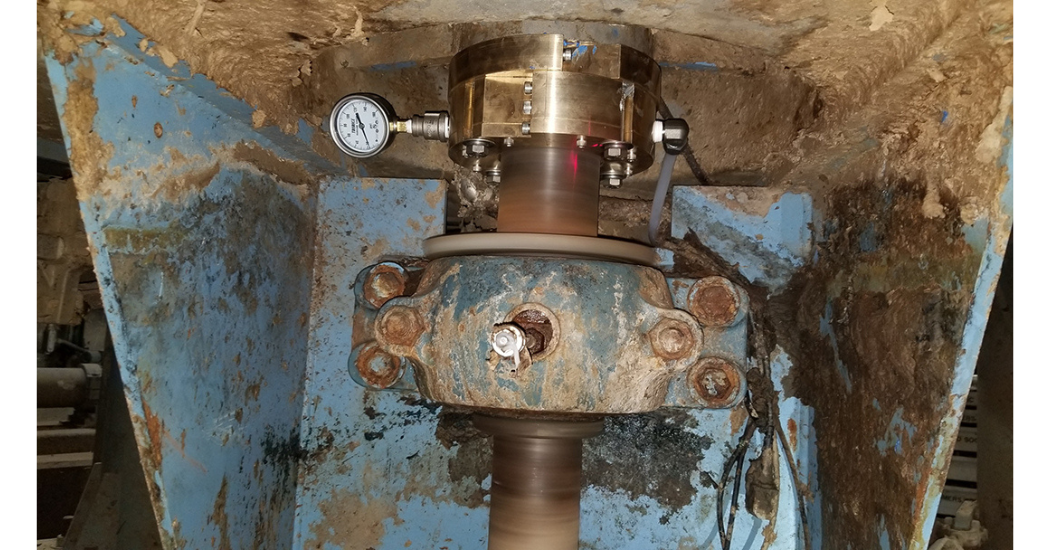 Real-World Impact
Real-World Impact
The practical applications of SEPCO’s air seal technology have been transformative. In a notable case, a paper mill in upstate New York resolved ongoing pulper leakage issues with SEPCO’s noncontact bearing isolator and air seal, saving an estimated $100,000 annually in product loss. Moreover, at many events in 2024, discussions revolved around how air seals were ideal for slurry applications where traditional packing failed due to the harsh operational environment.
Conclusion
As industries continue to push for more efficient, sustainable, and cost-effective operations, SEPCO’s advancements in air seal technology for bulk material handling are not just innovations; they are necessities. They represent a leap towards a future where equipment downtime is minimized, product purity is maintained, and environmental stewardship is prioritized. SEPCO’s commitment to evolving its sealing solutions ensures that it remains a key player in shaping the industrial landscape for years to come.
For more detailed insights or to explore how SEPCO can customize sealing solutions for your specific needs, reach out to Zach Nepa, zachn@sepco.com or Woody Nepa, woodyn@sepco.com.

